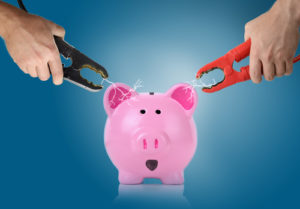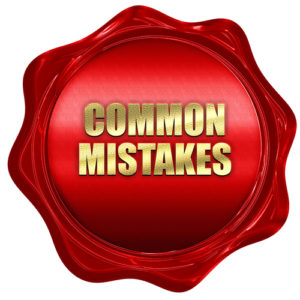Special to the Financial Independence Hub
Most millennials aren’t taught personal finance beyond the few who soaked up “lessons” from having an allowance or chores while growing up. Given the increasing use of digital currency, from tapping phones together to send money, depending on Venmo and utilizing bitcoins, ask a millennial how to write a check or balance a bank account and few can give a succinct answer: but does that even matter? Has personal finance changed so much in the past few decades that its definition is due for an overhaul?
Financial literacy and well-being is and always will be vital. How it’s defined and its best practices evolve as we do. Just like any type of “health,” financial health requires setting a strong foundation, teaching and practice. It’s strange that we have an entire generation in full-fledged adult categories without a clue of how to handle their finances.
Consider this the starter kit for millennials:
1.) Credit score management
The importance of credit scores isn’t going anywhere. In fact, they’re more important than ever with some employers using credit scores to narrow down job candidates. Make sure to monitor your credit score, check your credit report regularly for errors, and make your payments on time. This will help ensure you maintain a healthy score. There are other ways improve your credit score that you might not know, too, such as snagging a tradeline where you’re added onto a person’s credit account who already has a solid score. A tradeline company can manage this, linking paying customers to a tradeline account so any messiness of blending finances with personal relationships is avoided.
2.) Buffering that nest egg
Having at least three months’ worth of living expenses in “liquid cash” that’s easily accessible is a reasonable starting point. Some financial experts recommend one year, but a year’s salary can sound very overwhelming. Start socking away funds in an emergency account by using an app that rounds up purchases and siphons funds to this account so you don’t even notice.
3.) If possible, entrepreneurs and business owners should seek out life in specific states or overseas
Millennials are the generation of entrepreneurs, and this makes personal finance even stickier. Where you live plays a huge role in your ability to build wealth. Obviously some regions have higher costs of living than others, but every state also has a different income tax. There are seven states, including highly desirable ones like Florida, that boast a zero per cent income tax rate. Moving abroad often allows for foreign earned income exemption in which you don’t pay any state income tax (of course) but also no federal taxes except social security and Medicare.
4.) Budget, budget, budget







